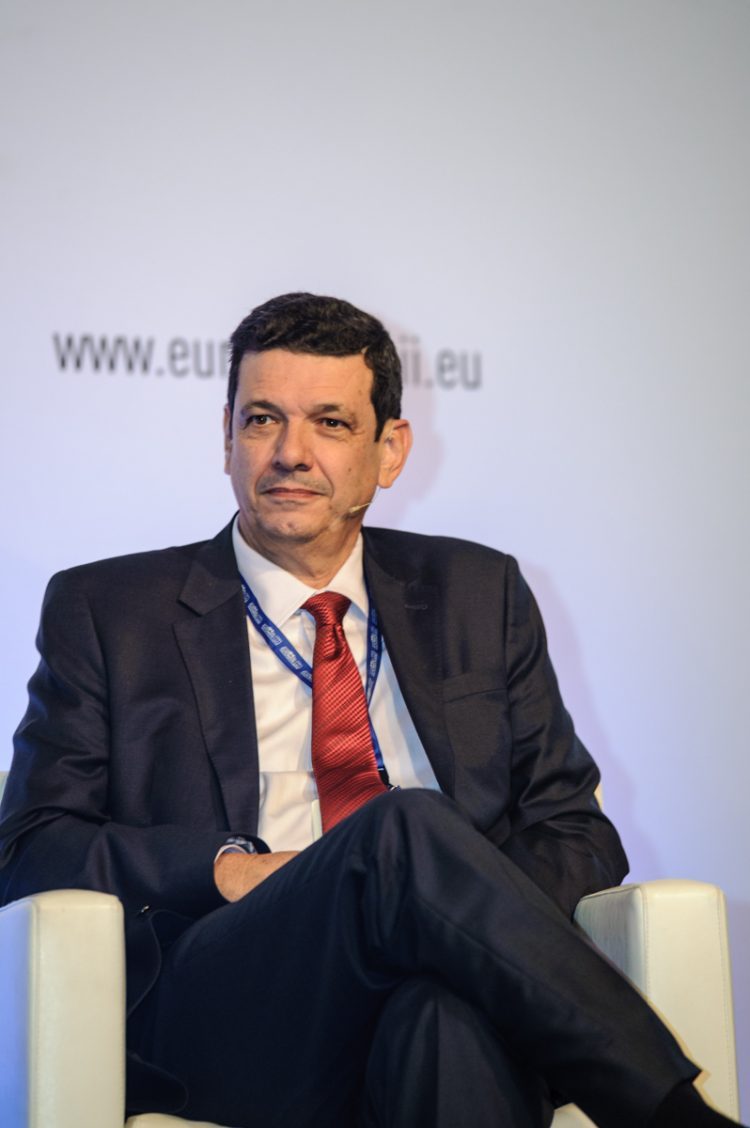Interview with Márcio F. Verdi, Executive Secretary of the Inter-American Center of Tax Administrations (CIAT)

Marcio Verdi, Image from the archive of EUROsociAL +
What are the main points of consensus and disagreement regarding the taxation of the digital economy in Latin American and the Caribbean?
The first thing to clarify is that by the “digital economy” we are referring to the activities of highly technical companies that carry out operations in a country without a physical presence there.
In the field of direct taxation, the topics of discussion include new business models, the creation of value, the definition of new links, the implementation of unilateral measures as an alternative in the absence of international consensus, the opposing positions of different actors on issues such as source and residence and the resolution of disputes and also, beyond the digital economy, the search for a minimum level of taxation aimed at avoiding harmful competition. There is still a way to go in the search for a consensus that would surely be marked by intermediate positions in which the winners and losers neither win as much nor lose by much.
In the field of indirect taxation, however, divergence is not so pronounced. The idea of the principle of destination in defining taxing rights is accepted, while it is also recognised that digital service provision operations, the commercialisation of intangible goods and the intermediation services provided by platforms that facilitate peer-to-peer operations do not compete under the same conditions as local operators, something which also damages tax collection. In fact, in our opinion the indirect taxation of the digital economy today represents a relevant opportunity to generate additional tax revenue in times of crisis, with a potential that will only grow as new business models are consolidated and expanded.
What role is CIAT playing in this sense?
In the scenario described, together with our colleagues from the World Bank, the IDB and with the leadership of the OECD, we have worked on the creation of a set of guidelines to allow the collection of indirect taxes in the digital economy, aimed at Latin American and Caribbean countries, which will be available in a very short time. In short, the proposal focuses on requiring those companies to voluntarily adhere to the mechanism, collect the corresponding taxes in B2C-type operations (with consumers) and carry out the transfer of corresponding funds, all supported by a simplified mechanism for the registration, declaration and provision of information that would not require any physical presence either.
In order to implement the recommendations of these guidelines with its own adjustments and parameters, a country needs to adjust its legal framework that taxes these operations and allows registration and declaration without physical presence, to design and adjust the processes and procedures so that the different actors know their responsibilities, to have the means to make requests and the like and, very importantly, to have technological solutions in place that allow for the implementation and articulation of the two aforesaid items.
As this is a new development, the tax administration needs a new approach, or at least a set of adjustments to its IT platform. For some administrations this may be a minor issue. Others would require the allocation of significant resources from their budget, which in practice would mean the postponement of the application of the system, paying an opportunity cost that, given the growth estimates of the digital economy, would increase over the coming years.
How will EUROsociAL+ support this process to facilitate voluntary tax compliance by the digital economy?
With the financial support of the Norwegian Agency for Development Cooperation (NORAD), here at CIAT we have developed a technological solution in the countries where it is implemented that will facilitate voluntary compliance with tax obligations by companies operating within the framework of the digital economy, significantly reducing compliance costs.
Digital Economy Compliance (DEC) will be available to any interested tax administration as soon as we have completed the implementation of the first pilot scheme and the system has been adjusted to real field-tested conditions. At the express request of the Honduran Revenue Administration Service, the EUROsociAL+ Programme will support one of its first implementations. The objective of the project that is set to be carried out in Honduras with the support of EUROsociAL+ points to the consolidation of a fiscal policy that allows for the design and normative regulation of taxation strategies for digital economy activities, developing in turn DEC for its practical implementation in the country.



